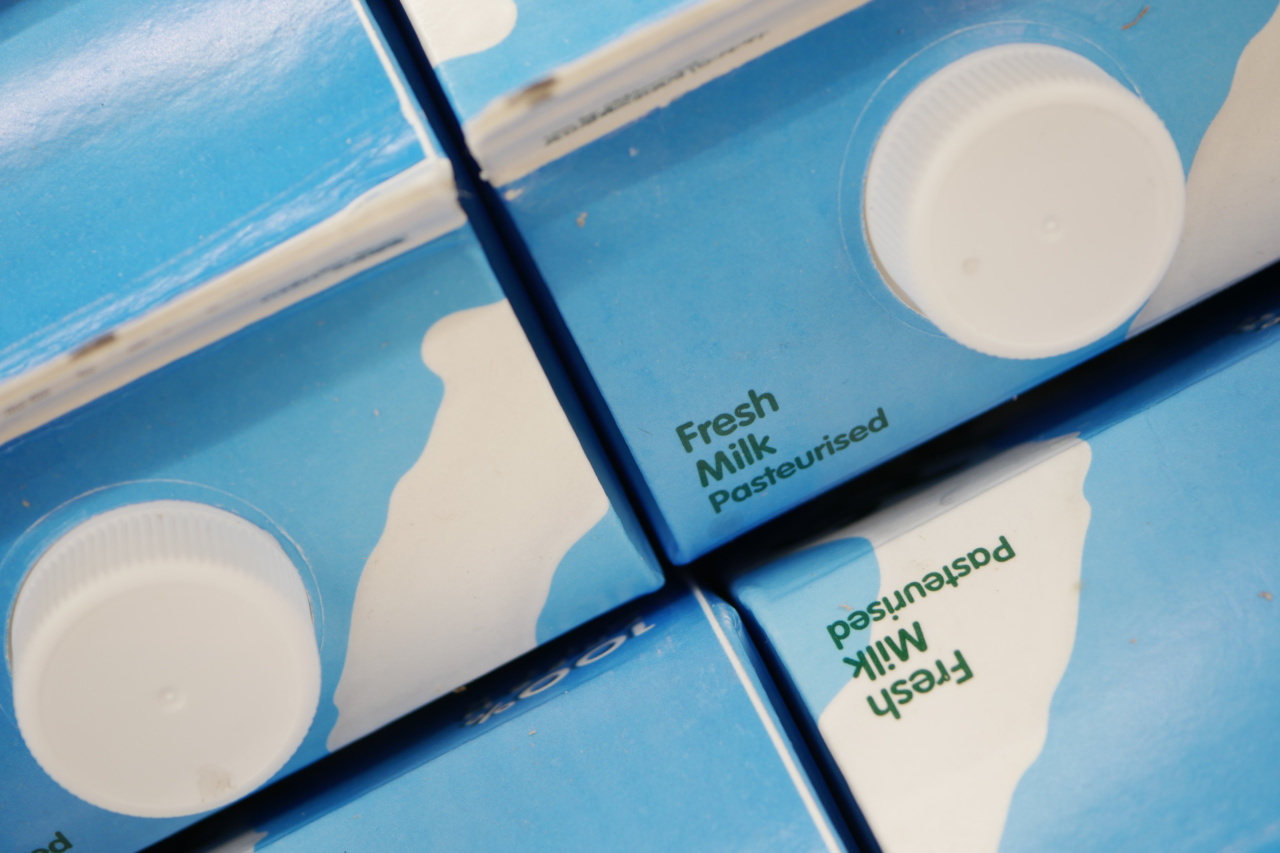Milk is a staple drink around the world, enjoyed by people of all ages. However, the safety of milk has been a controversial topic, particularly when it comes to pasteurization.
Pasteurization is a process that involves heating milk to a specific temperature for a set period of time to eliminate harmful bacteria and extend its shelf life. Despite its benefits, there are debates surrounding the necessity and potential drawbacks of pasteurization. In this article, we will explore the advantages and disadvantages of pasteurizing milk and examine the arguments for and against this process.
The Advantages of Pasteurization
1. Elimination of Harmful Pathogens: One of the primary benefits of pasteurization is the eradication of harmful bacteria that may be present in raw milk. These pathogens, such as Salmonella, E.
coli, and Listeria, can cause severe foodborne illnesses, especially in vulnerable populations like young children, pregnant women, and the elderly.
2. Prolonged Shelf Life: Pasteurization significantly increases the shelf life of milk. By eliminating bacteria, the growth of spoilage organisms is also hindered.
This allows milk to be transported, stored, and consumed for a longer duration, reducing food waste and ensuring a safe product for consumers.
3. Increased Availability: Pasteurization enables milk to be safely mass-produced and distributed. This makes milk more readily available and accessible to a larger population, including those living in remote areas.
The Disadvantages of Pasteurization
1. Nutritional Loss: Critics of pasteurization argue that the process destroys some of the natural vitamins, enzymes, and beneficial bacteria present in raw milk. They believe that these components are essential for proper digestion and overall health.
2. Altered Taste: Some people claim that pasteurized milk has a different taste compared to raw milk. They argue that the process can impact the flavor and aroma of the milk, making it less enjoyable for those accustomed to the taste of raw milk.
Arguments Against Pasteurization
1. Raw Milk Advocates: There is a vocal group of individuals who advocate for the consumption of raw milk, claiming that it is more nutritious and offers various health benefits.
They argue that pasteurization is an unnecessary and intrusive process that compromises the natural properties of milk.
2. Small-Scale Farmers: Many small-scale farmers argue that pasteurization favors large-scale dairy operations, as it is often expensive and requires specialized equipment.
They advocate for the rights of farmers to sell raw milk directly to consumers, believing that they should have the freedom to choose whether or not to pasteurize their milk.
3. Cultural Significance: In some cultures, raw milk holds special significance and is traditionally consumed without being pasteurized.
Critics argue that the forced pasteurization of milk disregards cultural practices and preferences, impeding food autonomy.
Arguments in Favor of Pasteurization
1. Public Health Benefits: Pasteurization has proven to be an effective method for reducing the risk of milkborne infections.
It helps protect vulnerable groups, such as children, pregnant women, and the elderly, from potentially life-threatening illnesses.
2. Regulatory Standards: Pasteurization is mandated by government regulatory agencies in many countries to ensure the safety of milk. These standards aim to prevent the spread of diseases and create a uniform level of quality assurance for consumers.
3. Scientific Consensus: The scientific community widely agrees that pasteurization is a crucial step in minimizing the risks associated with raw milk consumption.
Numerous studies have demonstrated the effectiveness of pasteurization in reducing the presence of harmful pathogens.
The Bottom Line
Ultimately, the decision of whether to pasteurize milk or not depends on various factors, including personal beliefs, cultural norms, and regulatory requirements.
It is essential to weigh the potential benefits and drawbacks of pasteurization in order to make an informed choice. While some individuals prefer the taste and potential health benefits of raw milk, it is crucial to consider the risks associated with consuming unpasteurized milk, especially for vulnerable populations.
Pasteurization plays a significant role in ensuring the safety, availability, and extended shelf life of milk, making it a vital process in the modern food industry.































